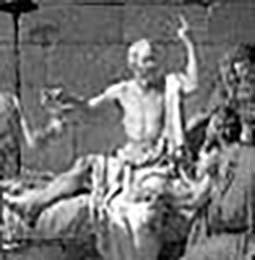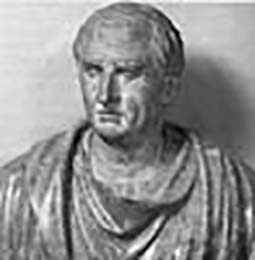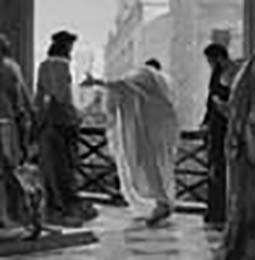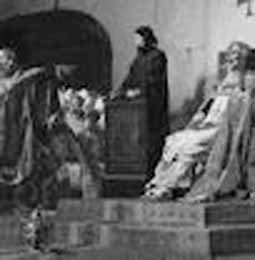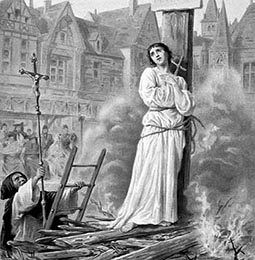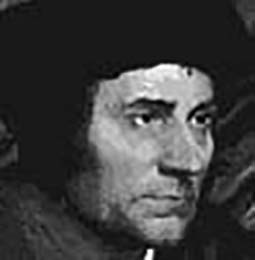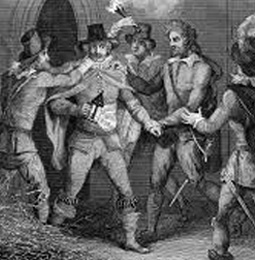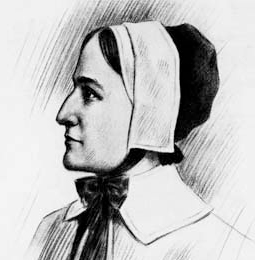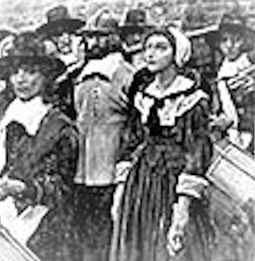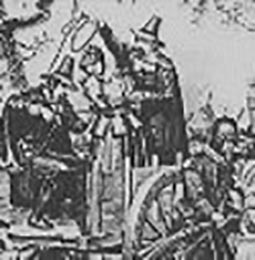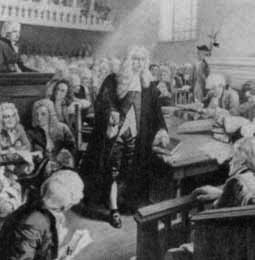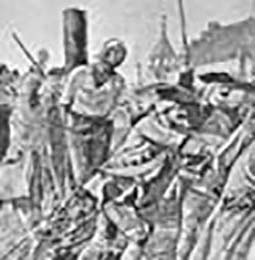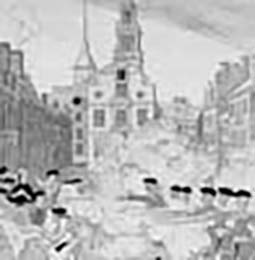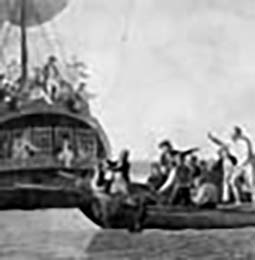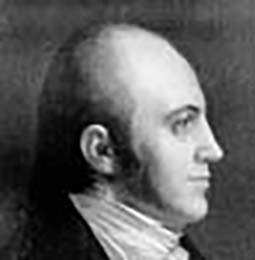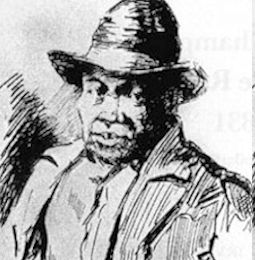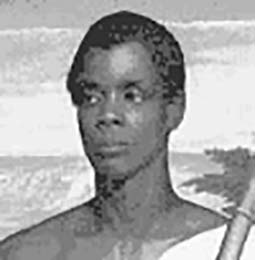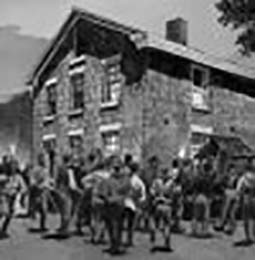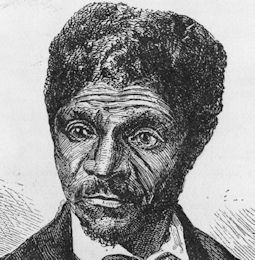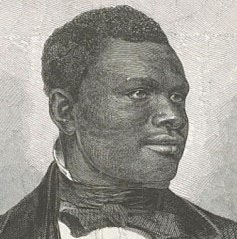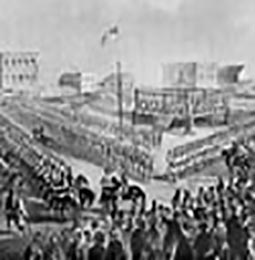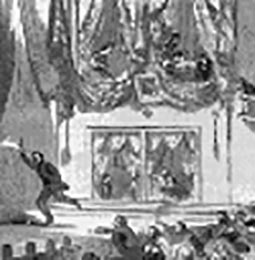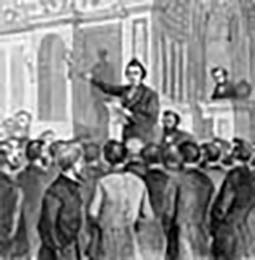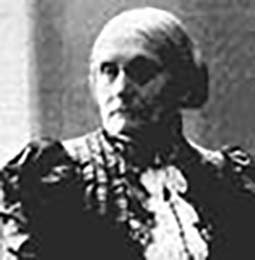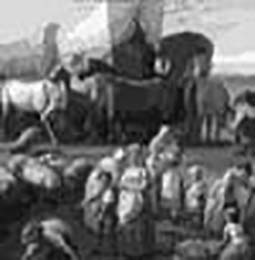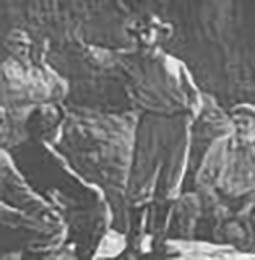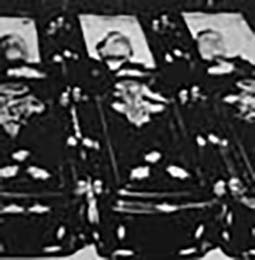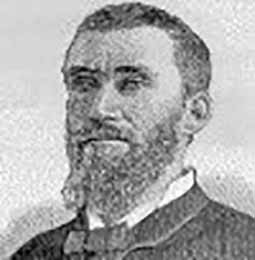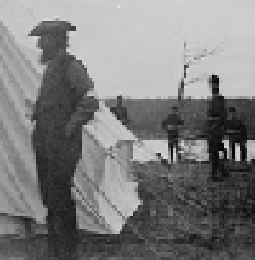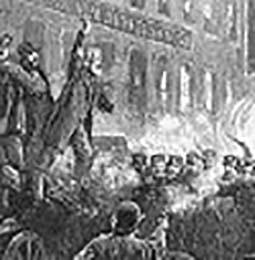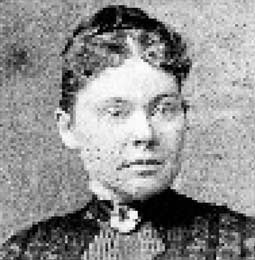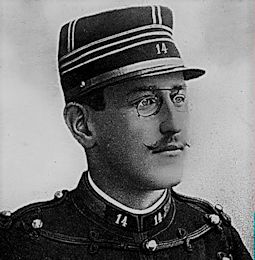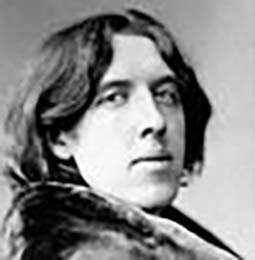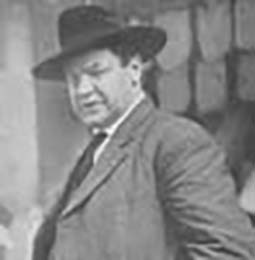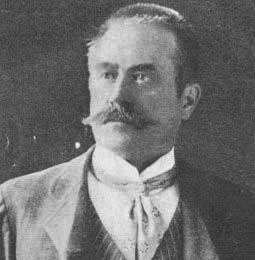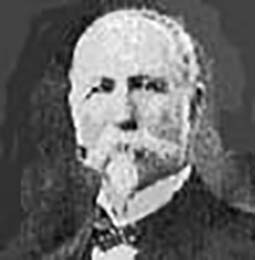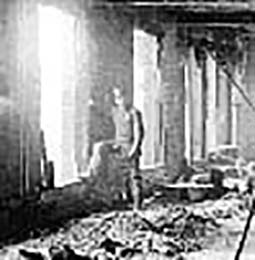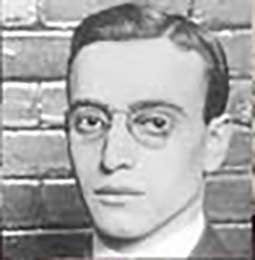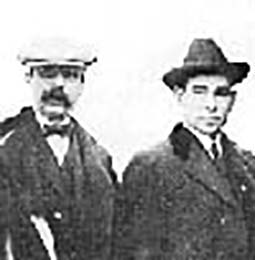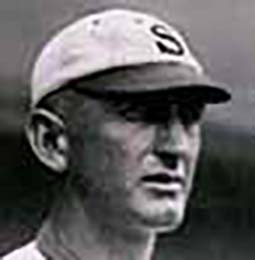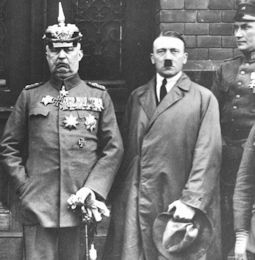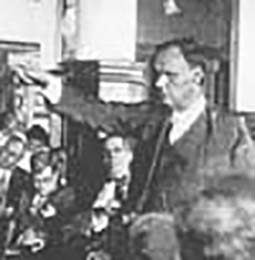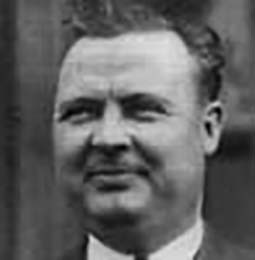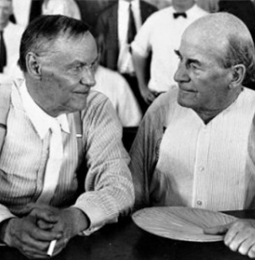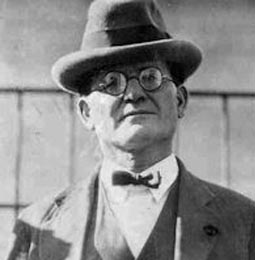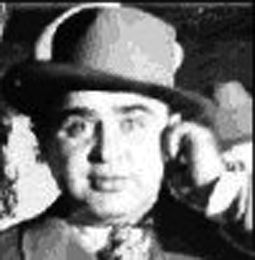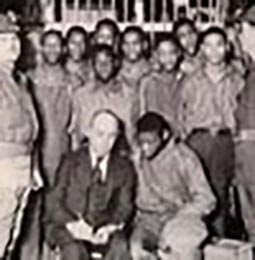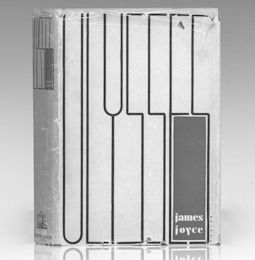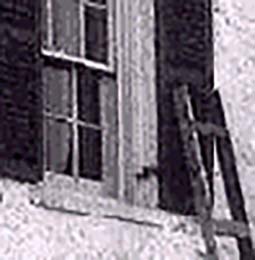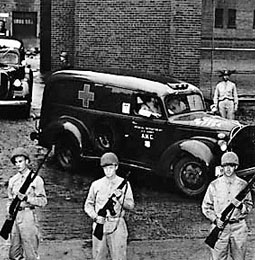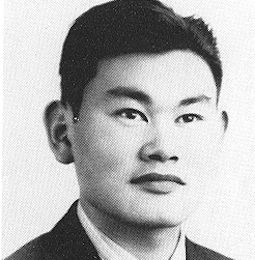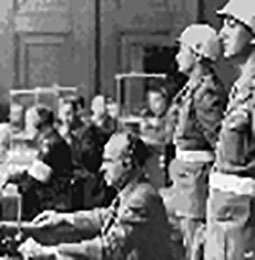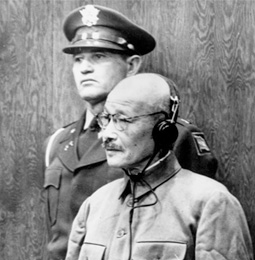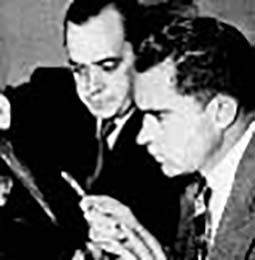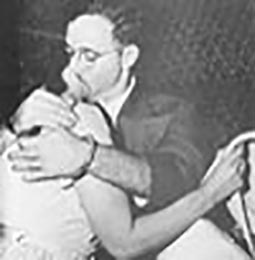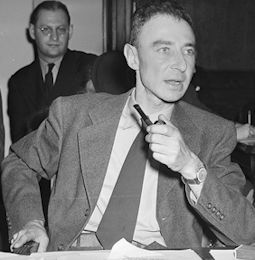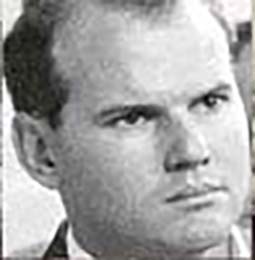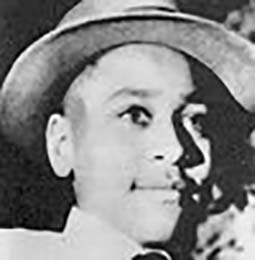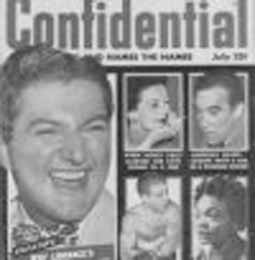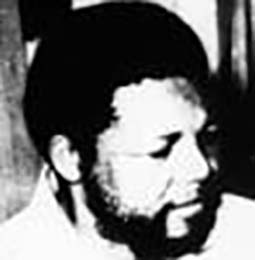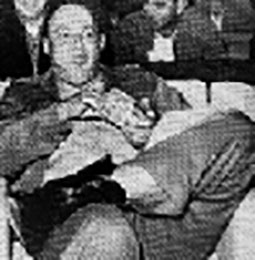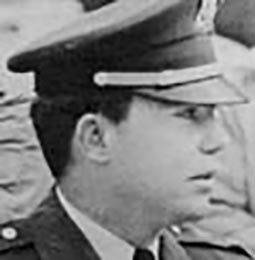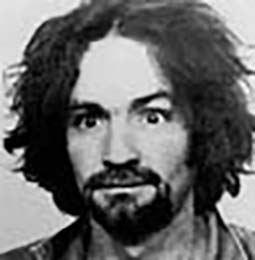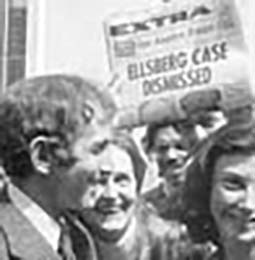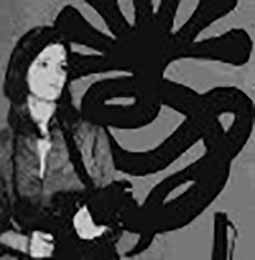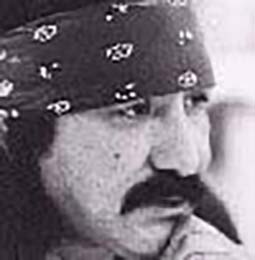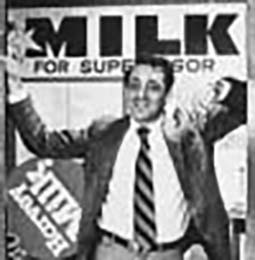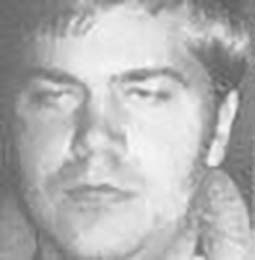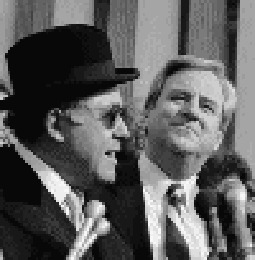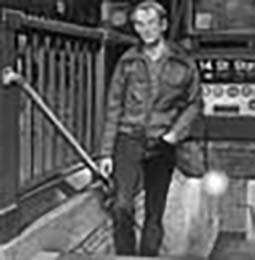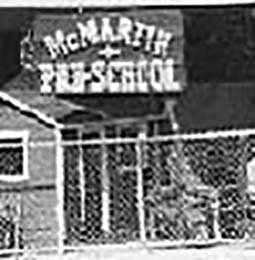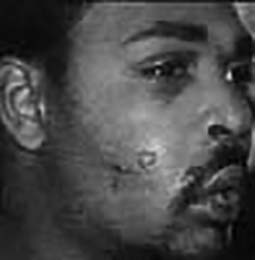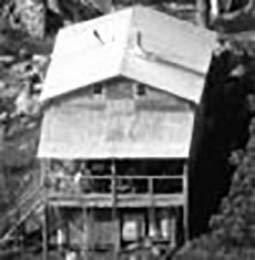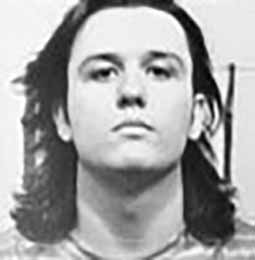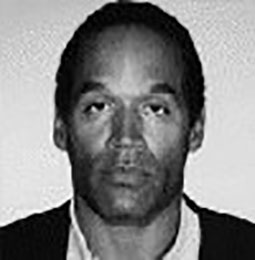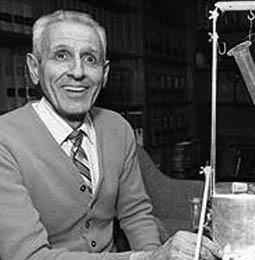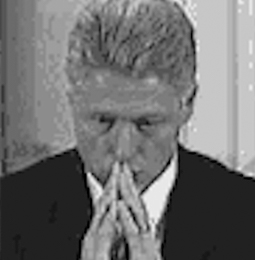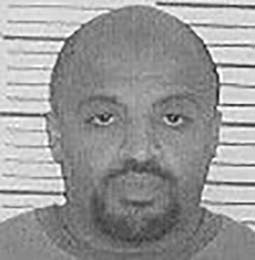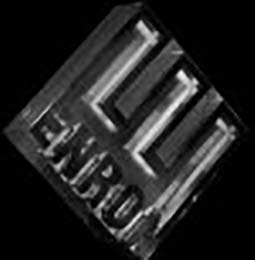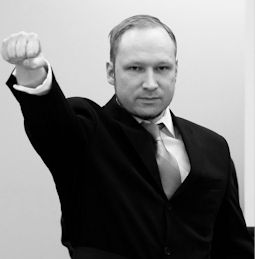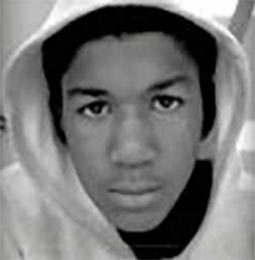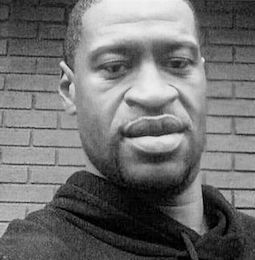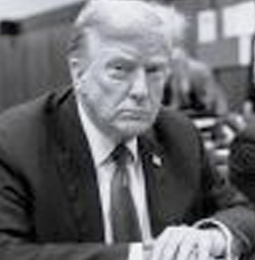Supreme Court of United States
No. 775.
Argued February 25 and 26, 1915.
Decided April 19, 1915.
Mr. Justice Holmes, dissenting:
Mr. Justice Hughes and I are of opinion that the judgment should be reversed. The only question before us is whether the petition shows on its face that the writ of habeas corpus should be denied, or whether the district court should have proceeded to try the facts. The allegations that appear to us material are these: The trial began on July 28, 1913, at Atlanta, and was carried on in a court packed with spectators and surrounded by a crowd outside, all strongly hostile to the petitioner. On Saturday, August 23, this hostility was sufficient to lead the judge to confer in the presence of the jury with the chief of police of Atlanta and the colonel of the Fifth Georgia Regiment, stationed in that city, both of whom were known to the jury. On the same day, the evidence seemingly having been closed, the public press, apprehending danger, united in a request to the court that the proceedings should not continue on that evening. Thereupon the court adjourned until Monday morning. On that morning, when the solicitor general entered the court, he was greeted with applause, stamping of feet and clapping of hands, and the judge, before beginning his charge, had a private conversation with the petitioner's counsel in which he expressed the opinion that there would be ‘probable danger of violence’ if there should be an acquittal or a disagreement, and that it would be safer for not only the petitioner but his counsel to be absent from court when the verdict was brought in. At the judge's request they agreed that the petitioner and they should be absent, and they kept their word. When the verdict was rendered, and before more than one of the jurymen had been polled, there was such a roar of applause that the polling could not go on until order was restored. The noise outside was such that it was difficult for the judge to hear the answers of the jurors, although he was only 10 feet from them. With these specifications of fact, the petitioner alleges that the trial was dominated by a hostile mob and was nothing but an empty form.
We lay on one side the question whether the petitioner could or did waive his right to be present at the polling of the jury. That question was apparent in the form of the trial and was raised by the application for a writ of error; and although, after the application to the full court, we thought that the writ ought to be granted, we never have been impressed by the argument that the presence of the prisoner was required by the Constitution of the United States. But habeas corpus cuts through all forms and goes to the very tissue of the structure. It comes in from the outside, not in subordination to the proceedings, and although every form may have been preserved, opens the inquiry whether they have been more than an empty shell.
The argument for the appellee in substance is that the trial was in a court of competent jurisdiction, that it retains jurisdiction although, in fact, it may be dominated by a mob, and that the rulings of the state court as to the fact of such domination cannot be reviewed. But the argument seems to us inconclusive. Whatever disagreement there may be as to the scope of the phrase ‘due process of law,’ there can be no doubt that it embraces the fundamental conception of a fair trial, with opportunity to be heard. Mob law does not become due process of law by securing the assent of a terrorized jury. We are not speaking of mere disorder, or mere irregularities in procedure, but of a case where the processes of justice are actually subverted. In such a case, the Federal court has jurisdiction to issue the writ. The fact that the state court still has its general jurisdiction and is otherwise a competent court does not make it impossible to find that a jury has been subjected to intimidation in a particular case. The loss of jurisdiction is not general, but particular, and proceeds from the control of a hostile influence.
When such a case is presented, it cannot be said, in our view, that the state court decision makes the matter res judicata. The state acts when, by its agency, it finds the prisoner guilty and condemns him. We have held in a civil case that it is no defense to the assertion of the Federal right in the Federal court that the state has corrective procedure of its own-that still less does such procedure draw to itself the final determination of the Federal question. Simon v. Southern R. Co. 236 U. S. 115, 122, 123, 59 L. ed. 492, 35 Sup. Ct. Rep. 255. We see no reason for a less liberal rule in a matter of life and death. When the decision of the question of fact is so interwoven with the decision of the question of constitutional right that the one necessarily involves the other, the Federal court must examine the facts. Kansas City Southern R. Co. v. C. H. Albers Commission Co. 223 U. S. 573, 591, 56 L. ed. 556, 565, 32 Sup. Ct. Rep. 316; Norfolk & W. R. Co. v. Conley March 8, 1915 [236 U. S. 605, 59 L. ed. 745, 35 Sup. Ct. Rep. 437]. Otherwise, the right will be a barren one. It is significant that the argument for the state does not go so far as to say that in no case would it be permissible, on application for habeas corpus, to override the findings of fact by the state courts. It would indeed be a most serious thing if this court were so to hold, for we could not but regard it as a removal of what is perhaps the most important guaranty of the Federal Constitution. If, however, the argument stops short of this, the whole structure built upon the state procedure and decisions falls to the ground.
To put an extreme case and show what we mean, if the trial and the later hearing before the supreme court had taken place in the presence of an armed force known to be ready to shoot if the result was not the one desired, we do not suppose that this court would allow itself to be silenced by the suggestion that the record showed no flaw. To go one step further, suppose that the trial had taken place under such intimidation, and that the supreme court of the state, on writ of error, had discovered no error in the record, we still imagine that this court would find a sufficient one outside of the record, and that it would not be disturbed in its conclusion by anything that the supreme court of the state might have said. We therefore lay the suggestion that the supreme court of the state has disposed of the present question by its judgment on one side, along with the question of the appellant's right to be present. If the petition discloses facts that amount to a loss of jurisdiction in the trial court, jurisdiction could not be restored by any decision above. And notwithstanding the principle of comity and convenience (for, in our opinion, it is nothing more, United States v. Sing Tuck, 194 U. S. 161, 168, 48 L. ed. 917, 920, 24 Sup. Ct. Rep. 621) that calls for a resort to the local appellate tribunal before coming to the courts of the United States for a writ of habeas corpus, when, as here, that resort has been had in vain, the power to secure fundamental rights that had existed at every stage becomes a duty, and must be put forth.
The single question in our minds is whether a petition alleging that the trial took place in the midst of a mob savagely and manifestly intent on a single result is shown on its face unwarranted, by the specifications, which may be presumed to set forth the strongest indications of the fact at the petitioner's command. This is not a matter for polite presumptions; we must look facts in the face. Any judge who has sat with juries knows that, in spite of forms, they are extremely likely to be impregnated by the environing atmosphere. And when we find the judgment of the expert on the spot, of the judge whose business it was to preserve not only form, but substance-to have been that if one juryman yielded to the reasonable doubt that he himself later expressed in court as the result of most anxious deliberation, neither prisoner nor counsel would be safe from the rage of the crowd, we think the presumption overwhelming that the jury responded to the passions of the mob. Of course we are speaking only of the case made by the petition, and whether it ought to be heard. Upon allegations of this gravity in our opinion it ought to be heard, whatever the decision of the state court may have been, and it did not need to set forth contradictory evidence, or matter of rebuttal, or to explain why the motions for a new trial and to set aside the verdict were overruled by the state court. There is no reason to fear an impairment of the authority of the state to punish the guilty. We do not think it impracticable in any part of this country to have trials free from outside control. But to maintain this immunity it may be necessary that the supremacy of the law and of the Federal Constitution should be vindicated in a case like this. It may be that on a hearing a different complexion would be given to the judge's alleged request and expression of fear. But supposing the alleged facts to be true, we are of opinion that if they were before the supreme court, it sanctioned a situation upon which the courts of the United States should act; and if, for any reason, they were not before the supreme court, it is our duty to act upon them now, and to declare lynch law as little valid when practised by a regularly drawn jury as when administered by one elected by a mob intent on death.






